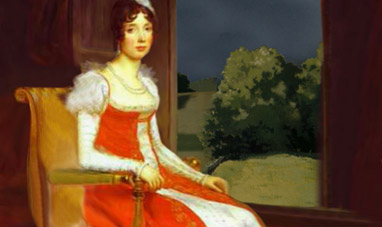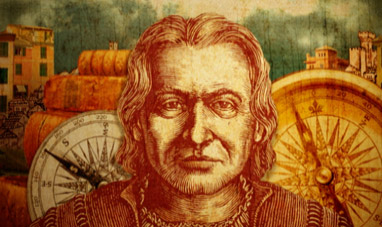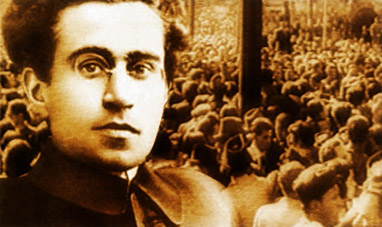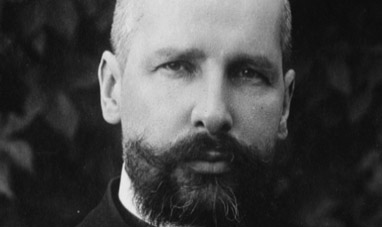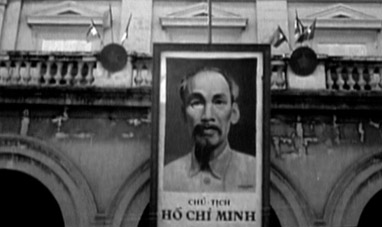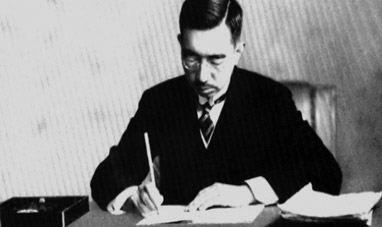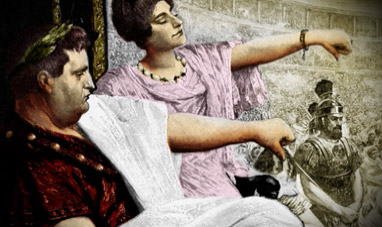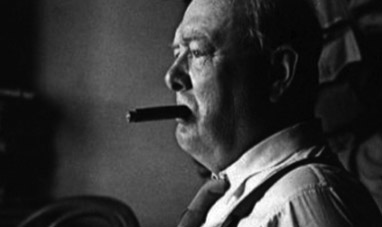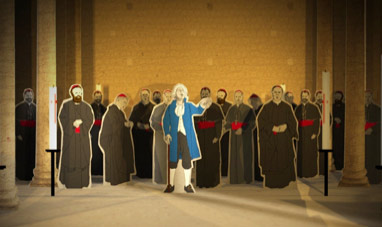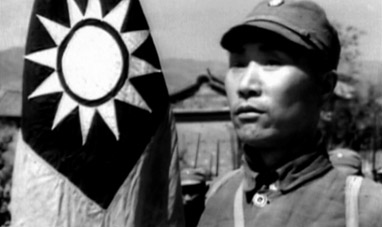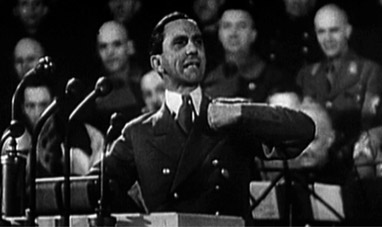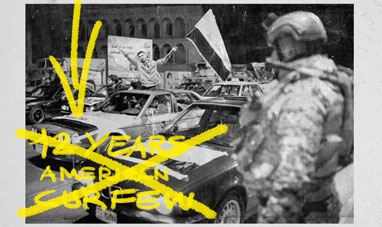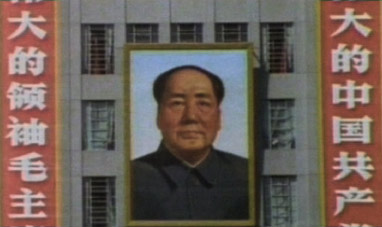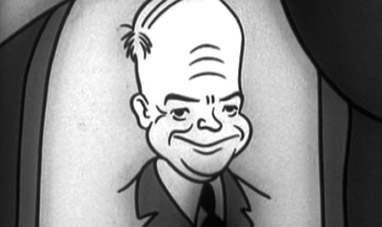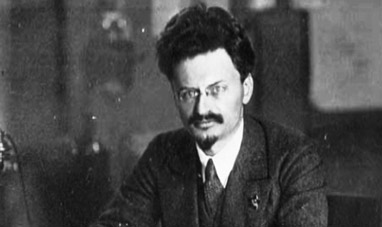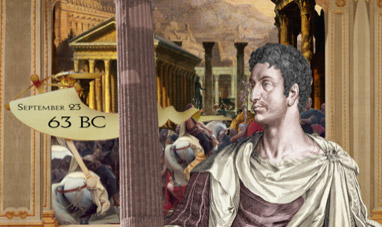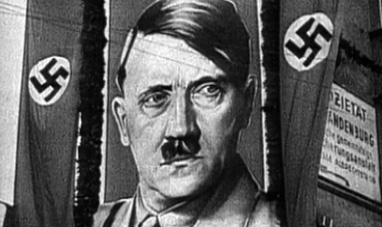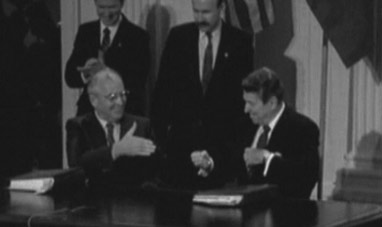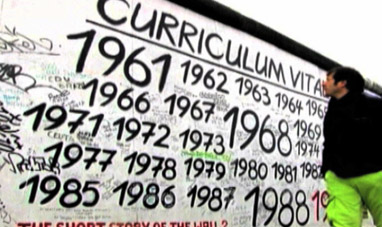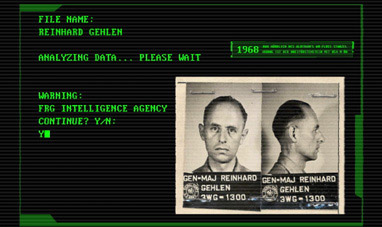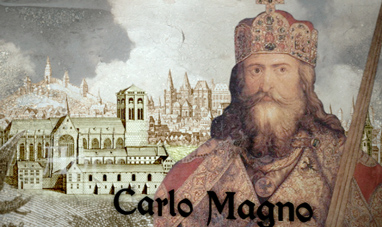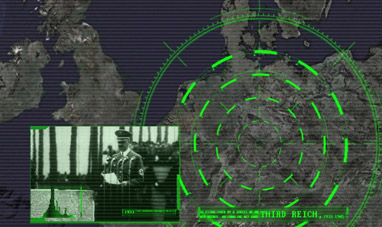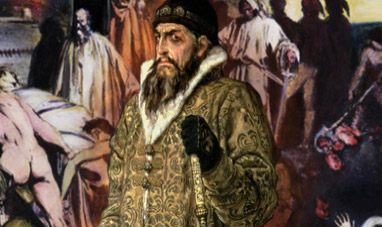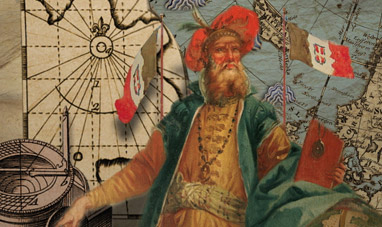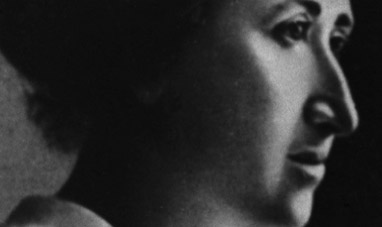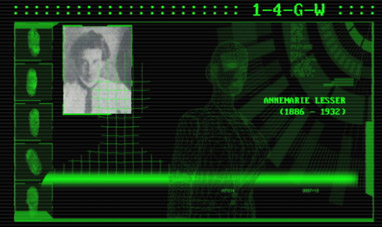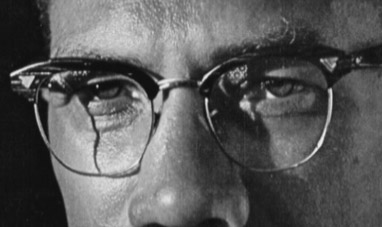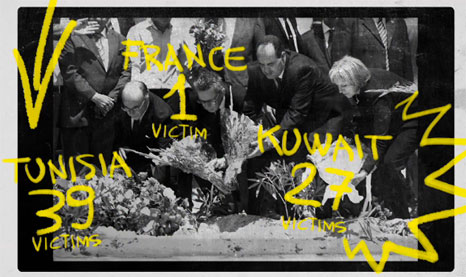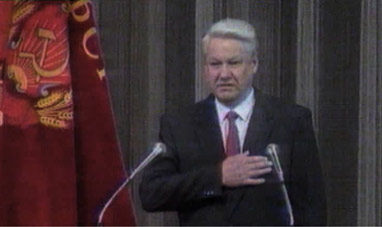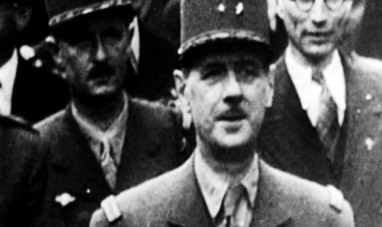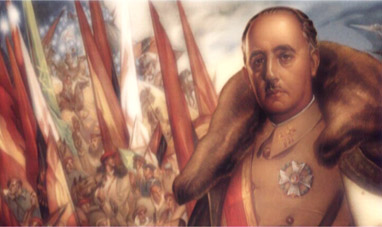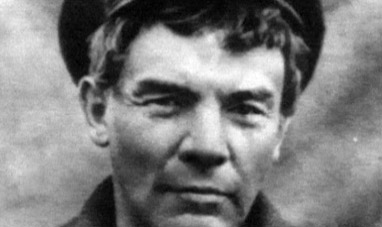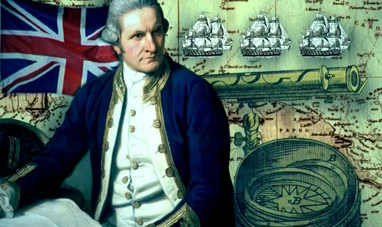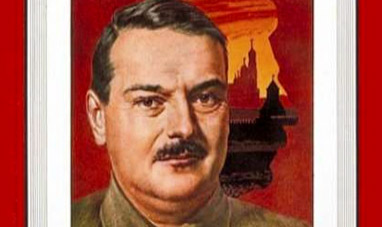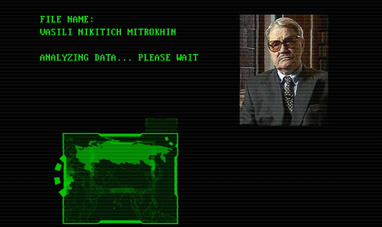Nikita Khrushchev was a Russian politician who ran the Soviet Union from 1953 to 1964. Khrushchev was born on April 17, 1894, in Kalinovka, Russia. Economic difficulties forced him to stop studying and begin working in factories and mines at an early age. He also became active in the labor union movement. At 24, [1918] Khrushchev joined the Bolshevik movement that headed the Communist Revolution of 1917. Following the revolution the Soviet Union, or USSR, was born [1922]. After having run several local party chapters, in 1939 Khrushchev became a member of the Politburo, the highest organ of the Communist Party of the Soviet Union [CPSU]. During World War II, he helped organize the defense of Stalingrad from attack by the Nazis. Stalin died in 1953 after almost three decades at the head of the Soviet Union. Khrushchev managed to take his place a few years later.
The new leader grabbed the world’s attention during the Soviet Communist Party’s 20th Congress. On February 25, 1956, he gave a landmark speech denouncing the errors and crimes committed by his predecessor Stalin. So-called de-Stalinization began, leading to partial economic reforms and the end of the personality cult surrounding Soviet leaders. Relations with the West grew more relaxed, and so, for a while, did the Cold War tensions that had pitted the U.S. and the USSR against each other over the previous decade. A few months after Khrushchev’s speech at the 20th Congress, Hungary sought to take advantage of the more open climate and escape Soviet control. Khrushchev put down the revolt by sending in Soviet tanks. [November 1956] In 1959, reciprocal visits by U.S. vice-president Richard Nixon to the Soviet Union and by Khrushchev to the U.S. marked a shift in bilateral relations. That in turn provoked the other major Communist power, China, to criticize the Soviet Union. Two years later [1961], Khrushchev approved construction of the Berlin Wall to prevent citizens in the Soviet-controlled eastern part of the city to flee to the West.
The Cuban Missile Crisis took place in 1962. The year before, the U.S. had supported a failed attempt to invade the island by Cuban exiles aiming to overturn the Communist regime there. Cuba sought protection from its Soviet allies, who put nuclear missiles on the island. The U.S. discovered the installation and forcefully demanded it be dismantled. The showdown between President John F. Kennedy and Khrushchev brought the world to the brink of nuclear war. After days of tension, the Soviet Union removed the missiles. Khrushchev’s choice was in line with the policy of détente, but was interpreted as a sign of weakness inside his party. On October 14, 1964, he was forced to resign. Leonid Brezhnev replaced him. Khrushchev died on September 11, 1971. He was 77. The Russian leader was admired outside the Soviet Union for his fiery temperament, his criticism of Stalin and his dialogue with the West. But his successors were not equally impressed, and denied him a state funeral.
The new leader grabbed the world’s attention during the Soviet Communist Party’s 20th Congress. On February 25, 1956, he gave a landmark speech denouncing the errors and crimes committed by his predecessor Stalin. So-called de-Stalinization began, leading to partial economic reforms and the end of the personality cult surrounding Soviet leaders. Relations with the West grew more relaxed, and so, for a while, did the Cold War tensions that had pitted the U.S. and the USSR against each other over the previous decade. A few months after Khrushchev’s speech at the 20th Congress, Hungary sought to take advantage of the more open climate and escape Soviet control. Khrushchev put down the revolt by sending in Soviet tanks. [November 1956] In 1959, reciprocal visits by U.S. vice-president Richard Nixon to the Soviet Union and by Khrushchev to the U.S. marked a shift in bilateral relations. That in turn provoked the other major Communist power, China, to criticize the Soviet Union. Two years later [1961], Khrushchev approved construction of the Berlin Wall to prevent citizens in the Soviet-controlled eastern part of the city to flee to the West.
The Cuban Missile Crisis took place in 1962. The year before, the U.S. had supported a failed attempt to invade the island by Cuban exiles aiming to overturn the Communist regime there. Cuba sought protection from its Soviet allies, who put nuclear missiles on the island. The U.S. discovered the installation and forcefully demanded it be dismantled. The showdown between President John F. Kennedy and Khrushchev brought the world to the brink of nuclear war. After days of tension, the Soviet Union removed the missiles. Khrushchev’s choice was in line with the policy of détente, but was interpreted as a sign of weakness inside his party. On October 14, 1964, he was forced to resign. Leonid Brezhnev replaced him. Khrushchev died on September 11, 1971. He was 77. The Russian leader was admired outside the Soviet Union for his fiery temperament, his criticism of Stalin and his dialogue with the West. But his successors were not equally impressed, and denied him a state funeral.

